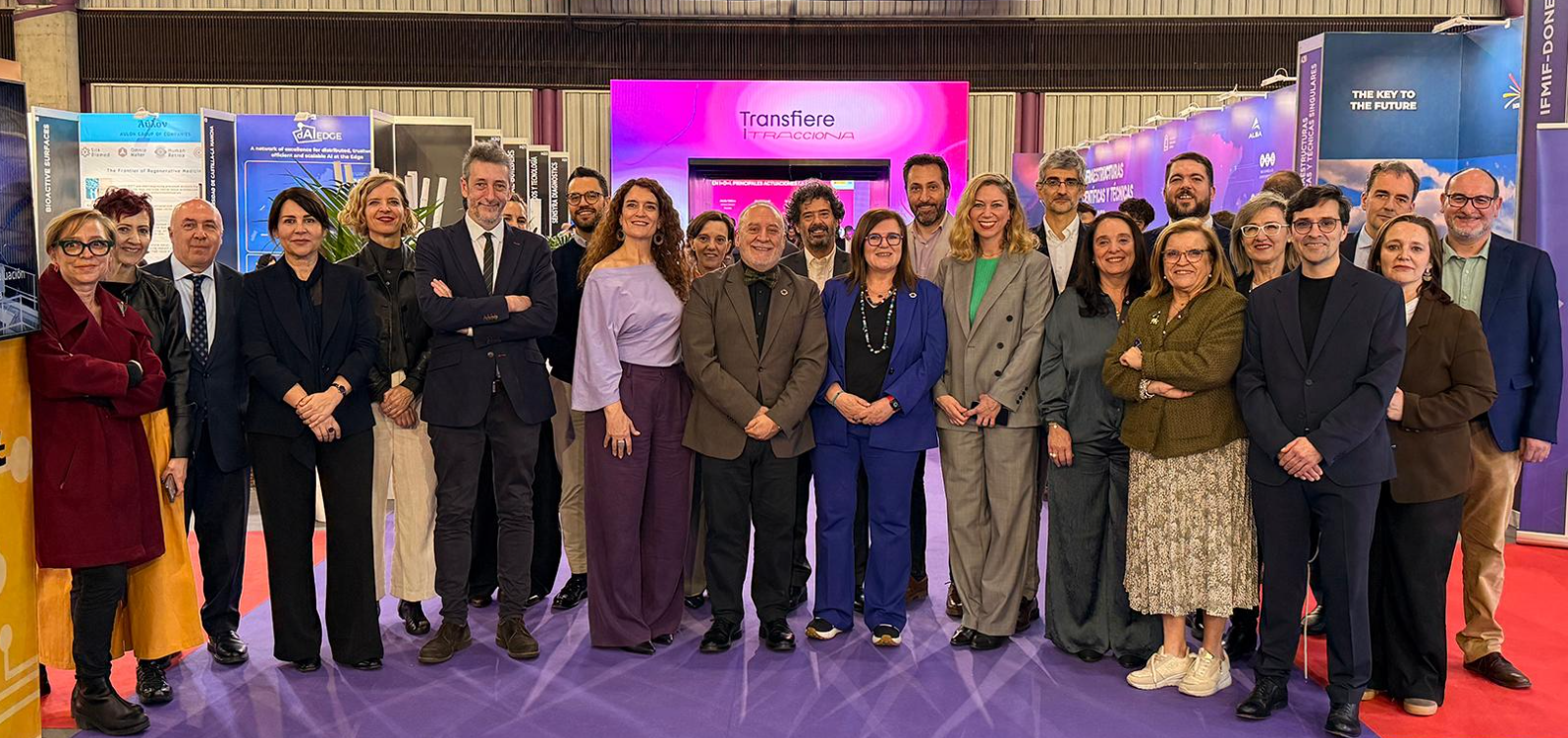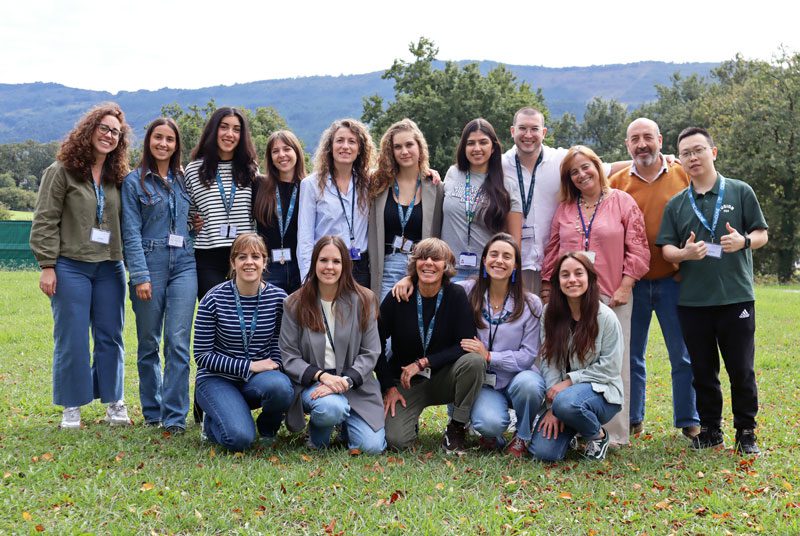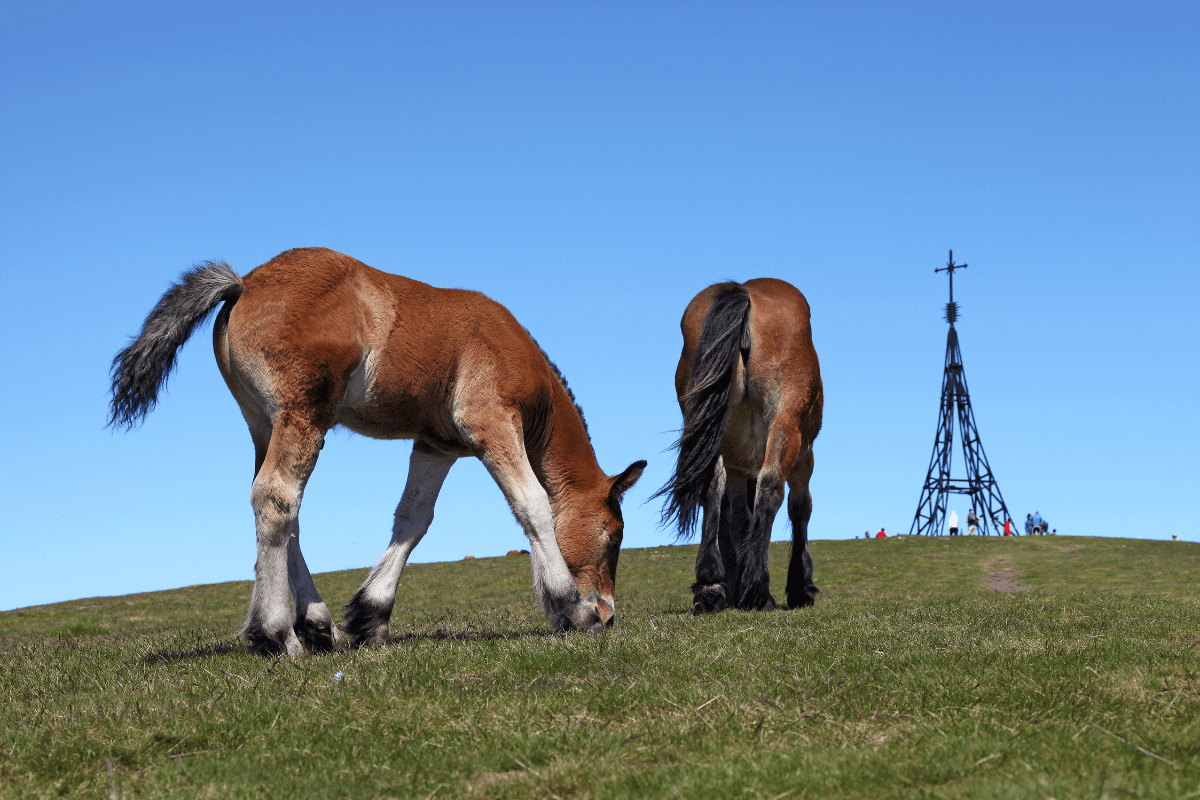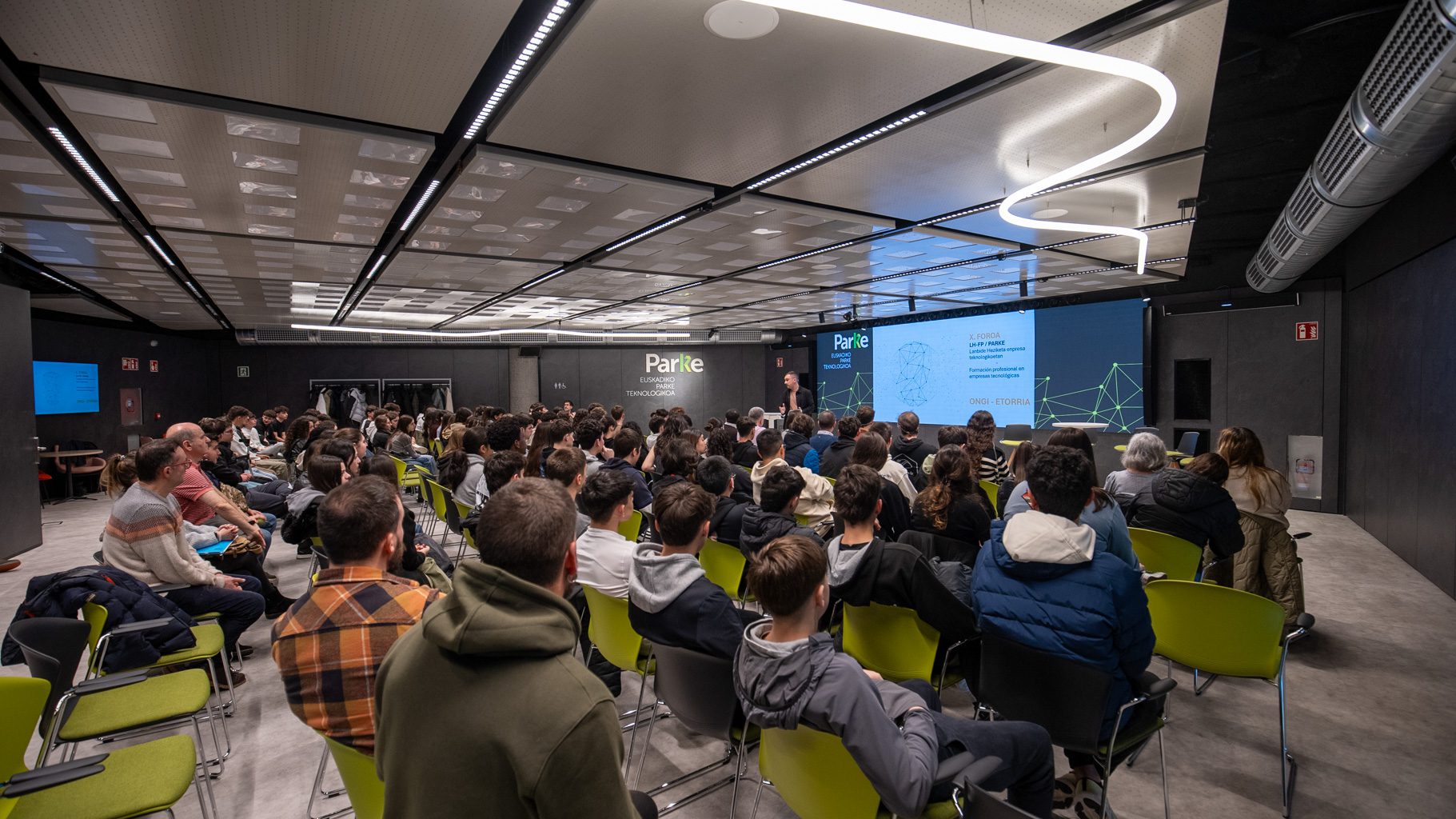CIC bioGUNE and the Instituto Biofisika participate in a pioneering European project on the evolution of CRISPR enzymes

The international project RGNcestry, awarded an ERC Synergy Grant, will study the evolutionary origins of CRISPR nucleases with the goal of developing more precise genetic editing tools and advanced molecular diagnostic methods.
CIC bioGUNE, a member of BRTA, and the Instituto Biofisika (EHU – CSIC) announce that the European Research Council (ERC) has granted funding to the project RGNcestry – Tracing and harnessing the ancestry of RNA-guided nucleases, an innovative scientific initiative aimed at deciphering the molecular origins and evolution of CRISPR enzymes and leveraging this knowledge to create new genetic editing and molecular diagnostic tools.
The project is led by Chase Beisel from the Botnar Institute of Immune Engineering (Switzerland) and involves Samuel Sternberg (Columbia University, USA), Raúl Pérez-Jiménez (CIC bioGUNE, Spain), and Israel S. Fernández (Biofisika, Spain).
Funded under the Horizon Europe program, the ERC Synergy Grant is among the most competitive and prestigious research awards in the world, promoting collaboration among international teams of excellence. In the 2025 call, only 66 consortia were selected from more than 700 proposals, with a total investment of €684 million. The fact that two of these subprojects will be carried out in the Basque Country marks an unprecedented milestone, reinforcing Euskadi’s position as a global reference in CRISPR systems research and innovation.
The teams at CIC bioGUNE and Biofisika will contribute their expertise in molecular evolution, structural biology, synthetic biology, and molecular biophysics to understand how RNA-guided nucleases (RGNs), including CRISPR nucleases, originated and evolved, and how they can be transformed into more precise, safe, and sustainable biotechnological tools.
“This grant is an extraordinary achievement, but above all, a unique opportunity to advance in the discovery of new RGNs, including CRISPR systems, and to open the door to new applications in biotechnology,” said Raúl Pérez-Jiménez, Ikerbasque researcher and head of the Synthetic Biology Group at CIC bioGUNE.
The project’s objectives include the evolutionary reconstruction of thousands of nuclease sequences, the functional characterization of ancestral variants on different DNA and RNA substrates, structural analysis, and the development of precision gene-editing applications (for example, in amyotrophic lateral sclerosis (ALS)) and molecular diagnostics for pathogens such as Streptococcus agalactiae.
The project aims to reconstruct more than 1,000 ancestral enzymes and design chimeric variants, with the goal of developing PAM-free, unrestricted gene-editing systems and portable, high-sensitivity diagnostics.
The participation of CIC bioGUNE and Biofisika consolidates the role of the Basque biomedical ecosystem as a benchmark in molecular biology and biotechnology, boosting both fundamental research and the development of new gene therapies, accessible diagnostic technologies, and sustainable health solutions.




